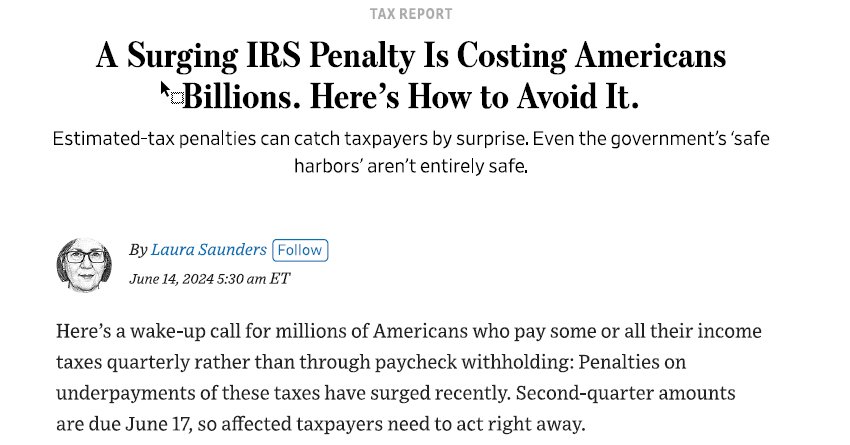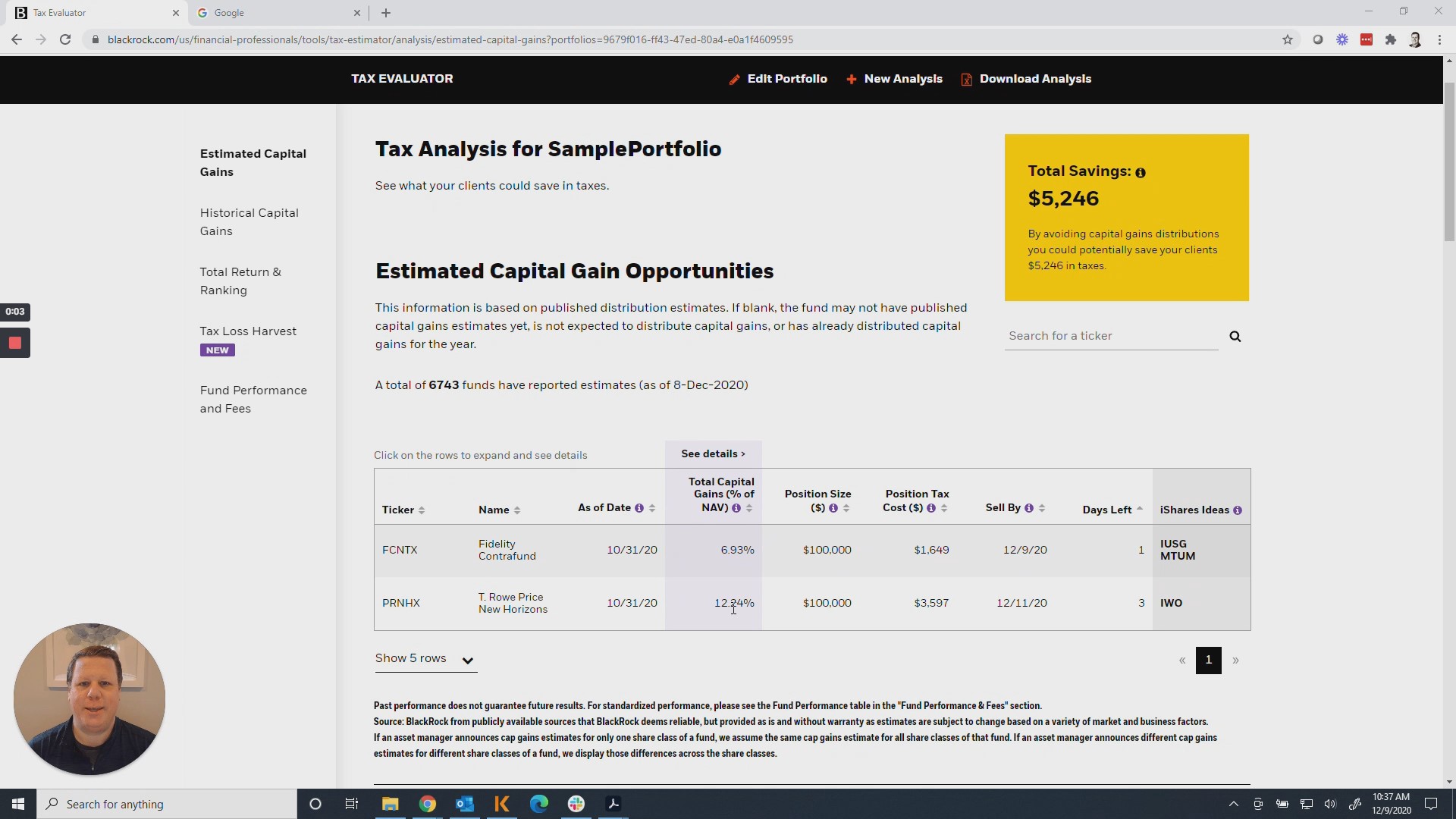The last quarter (or so), we tend to be very focused on tax planning. (Not to be confused with tax accounting in the first quarter or so). With that, it is very timely that last week the IRS issued guidance (Notice 2014-54) on rolling out after tax contributions from a 401k plan.
KEY POINT
In its guidance, the IRS stated that a retirement plan participant has the ability to convert their “after tax” account into a Roth IRA tax free.
Here is a link to the referenced notice:
http://www.irs.gov/pub/irs-drop/n-14-54.pdf
Background: 401k-Employee Contribution Types
To understand the significance of this, we must first understand the types of employee contributions that may go into a plan.
For more information on contribution types, see the IRS link below.
Pretax
http://www.irs.gov/Retirement-Plans/Plan-Participant,-Employee/Retirement-Topics-Contributions
As a plan participant, you have the option of contributing to your plan on a pretax basis. This will allow you to take a deduction on your personal taxes.
Aftertax
You may also have the ability to contribute without taking a deduction (many plans do not allow). This is an after tax deferral, meaning you do not get a tax deduction. Eventually when you take a distribution of these funds, you will only be taxed on the earnings (remember you already paid taxes on the deferred contribution).
Roth
Finally, your plan may allow for you (not all plans do, but this is becoming more popular) to contribute to a designated Roth account. This contribution is after tax, and when it is eventually distributed (both the deferral and the earnings) to the participant, it is income tax free.
NOTE: Although the record-keeper of the retirement plan is hired to make sure that the funds in the account are categorized appropriately, the ownership is on the account holder. If ever questioned by the IRS, it is the responsibility of the account holder to show proof of their position. The account funds are broken down by year, who is making the contribution, the tax status, etc.














